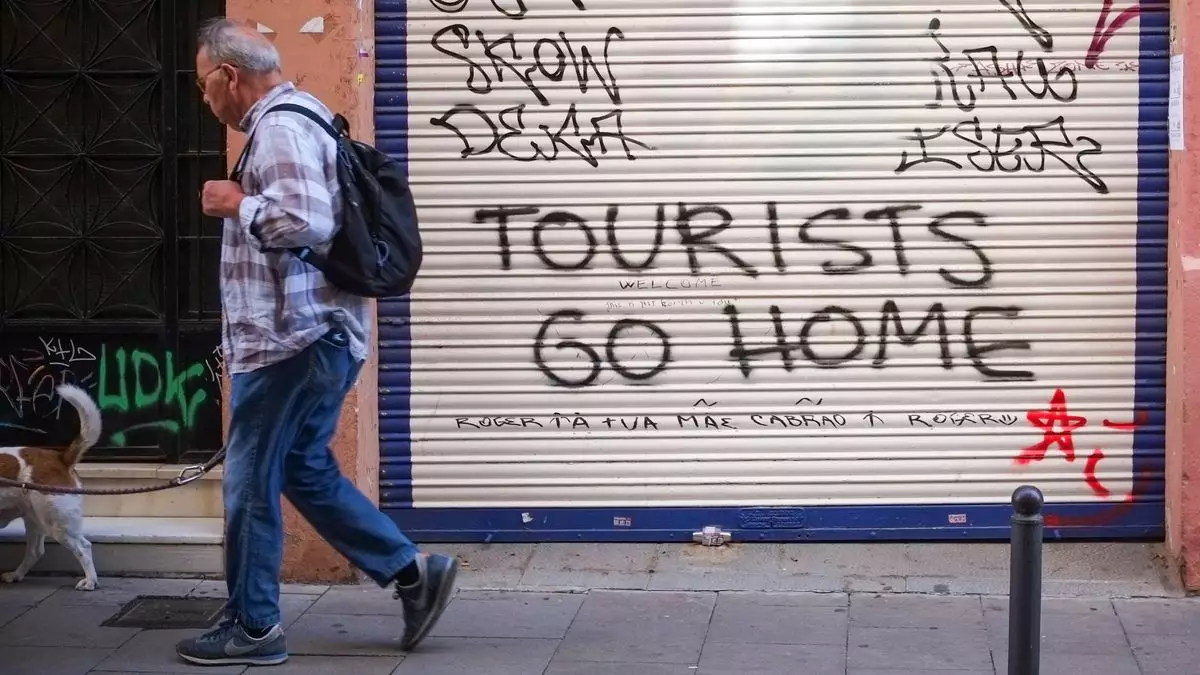In recent years, there has been a noticeable surge in anti-tourism sentiment in popular destinations like Barcelona and Maui. This sentiment has led to a new wave of legislation targeting short-term vacation rentals. The crackdown on short-term rentals is not a novel concept, but it seems to be picking up momentum in various cities around the globe. The Associate Professor at the College of Charleston, Daniel Guttentag, noted that there is a snowball effect occurring as more cities are taking more aggressive and effective approaches to regulating short-term rentals.
Regulatory Initiatives in Barcelona and Maui
Barcelona is among the latest cities to announce plans for a clampdown on short-term rentals. Mayor Jaume Collboni has pledged to ban such rentals in the city by the end of 2028, potentially affecting over 10,000 apartments. Similarly, in Maui, there are plans to eliminate a significant portion of the island’s short-term rentals. The Maui Planning Commission has already given the green light to a proposal that could eradicate over 7,000 of the island’s 13,600 short-term rentals. This proposed ordinance specifically targets short-term rentals in apartment districts, primarily located in west and south Maui.
Housing Affordability and Supply as the Primary Focus
The policymakers in both Barcelona and Maui are framing these regulations as measures to enhance housing affordability and supply. The goal is to convert short-term rentals into long-term housing units. Madeline List, a senior analyst with Phocuswright, highlighted that regulating short-term rentals offers a more immediate solution compared to other housing strategies. She emphasized that it is a faster way to boost housing supply in the short term compared to long-term projects that might take years to complete.
While short-term rental restrictions might seem like a silver bullet solution to housing affordability challenges, experts like Guttentag and List warn against oversimplifying the situation. Guttentag pointed out that there will inevitably be some negative impact from Airbnb on housing costs. However, he also noted that analyses have shown these impacts to be relatively small. List supported this view by referencing a study from New York, which found that only about 9% of the citywide increase in rental rates could be attributed to Airbnb.
The effectiveness of short-term rental bans in increasing housing affordability can vary significantly by destination. List explained that in certain markets, short-term rentals are luxurious properties that do not contribute to affordable housing. On the other hand, there are cases where affordable housing is converted into short-term rentals, worsening the affordability crisis in those areas. New York’s recent stringent enforcement on short-term rental restrictions aimed to address these concerns but faced criticism from platforms like Airbnb.
Guttentag predicted that more locations would follow the steps taken by cities like New York and Barcelona in cracking down on short-term rentals. While these actions might alleviate housing costs to some extent, they are not the ultimate solution to the housing crisis. It is unlikely that cities like Barcelona will suddenly become affordable housing hotspots overnight. The key lies in finding a balance between short-term rental regulations and sustainable housing strategies to address the broader issue of housing affordability.

